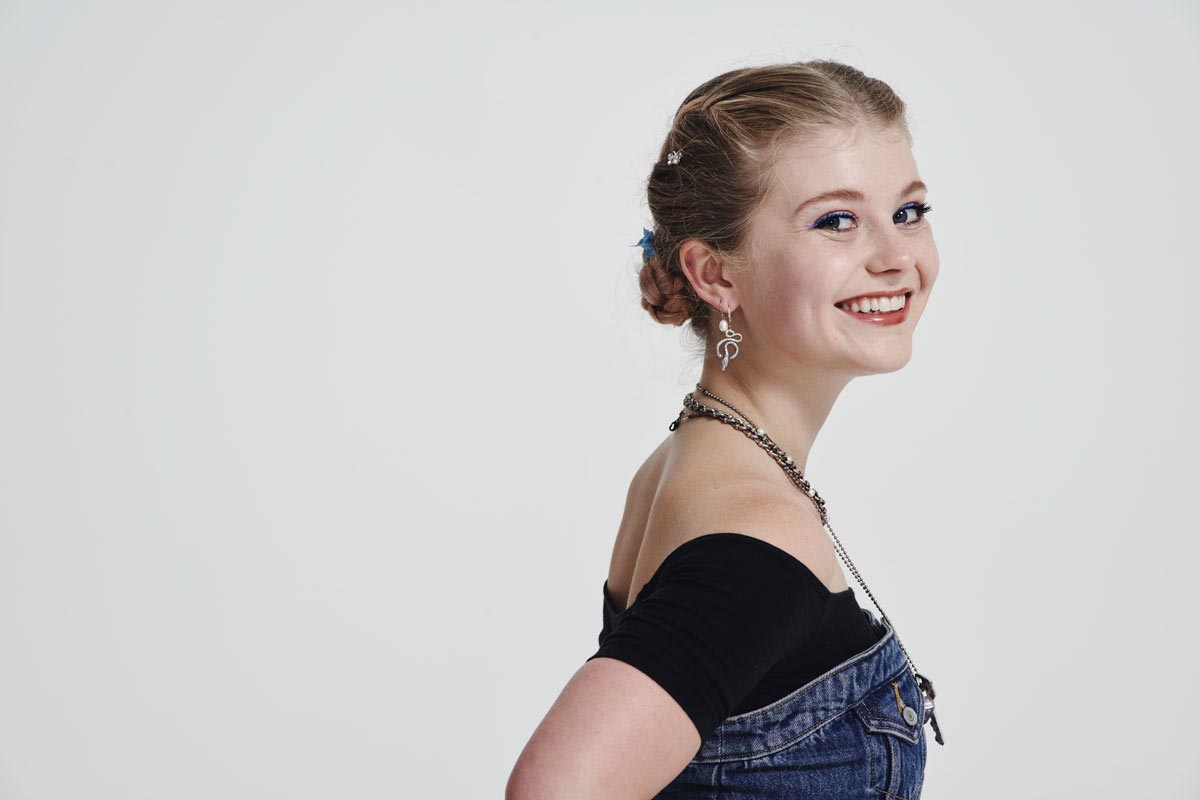Art, Politics, and Rhizomatic Root Structures
Meet comparative literature major Shea Seery ’20.
Major: Comparative Literature
Hometown: Claremont, California
Thesis adviser: Prof. Nathalia King
Thesis: A Rancièrean Reading on Contemporary Art: Ai Weiwei’s Life Cycle and Kara Walker’s Fons Americanus
What it’s about: I use Rancière’s theory about what makes effective, meaningful political art as a starting framework for analyzing two major contemporary art exhibitions which center on transhistorical, transnational political issues. I use political theory, literary theory, and art criticism to compare different approaches to making political artwork.
What it’s really about: Question: How can art make meaningful political change in today’s world? Answer: Changing people’s perceptions of history, themselves, and one another.
In high school: I was a very curious, clever, and optimistic 18-year-old eager for challenges, and boy did Reed give me plenty.
Influential professor: Prof. Pancho Savery [English]saw a spark in me early on and flamed the fire. He teaches people so they can change the world for the better. His dedication to this pursuit inspired me to work hard at Reed so that I can maximize my impacts beyond Reed.
Influential book: Algorithms of Oppression by Safiya Noble is such an important text in today’s online world!
Concept that blew my mind: Using rhizomatic root structures as a metaphor for theoretical structures—everything is connected!
Cool stuff: I studied abroad in Paris, researched for a French political newspaper, assisted an internationally acclaimed artist in New York City, shadowed the curator of the San Francisco Museum of Modern Art, rehearsed with a multidisciplinary arts group in Austria, taught English to immigrants in Portland, camped in an ancient rain forest, interviewed members of the Black Panthers, visited a professor’s house in Italy, co-curated a local art exhibition, and constructed an immersive art installation.
Challenges I faced: Reed is all about critical thinking, and so much criticism—of the world, this institution, and each other—can become extremely discouraging. One of the greatest challenges is learning how to turn critical thinking skills into positive motivation and collaborative mobilization.
How Reed changed me: I knew that in college I would gain thinking and writing skills. What I did not expect was that Reed would grant me worldly experiences which would completely change my perspective. Before arriving, I had never left the country. Now, I have experience working and learning in multiple cultures and countries, contacts across disciplines, and friends from far and wide. Reed has changed what I thought was possible.
Financial aid: Financial aid provides access to resources and opportunities otherwise unimaginable. I am grateful every day and am determined to make the most out of this education.
What’s next: As Reed’s nominee for the Davis Fellowship, I was planning on starting an arts program at a homelessness prevention service in Skid Row. Because of COVID-19, the Davis was canceled, so who knows?
